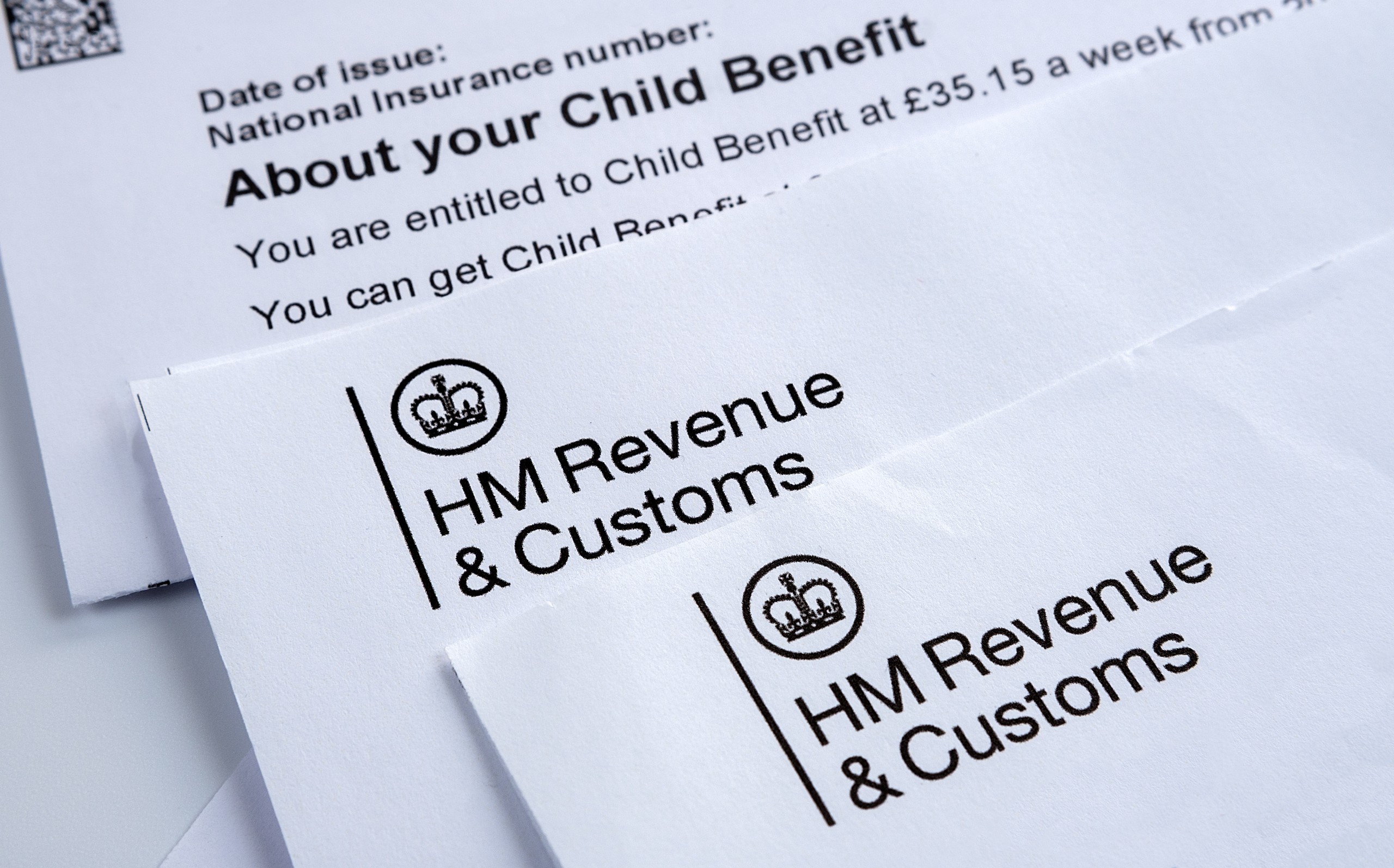
Child benefit recovery based on household income has been announced by the Chancellor, posing a challenge to HMRC’s resources as it necessitates the collection of additional data and the adaptation of its systems and processes.
During the Spring Budget 2024, the Chancellor tackled a significant discrepancy inherent in the recovery of child benefit through the high income child benefit charge (HICBC). This announcement encompasses both a longer-term resolution and an interim measure.
HICBC retrieves child benefit through a levy on the higher earner within a household, favouring dual-income couples over those with a single earner. A dual-income couple each earning up to £49,999 avoids the charge, while a couple (or single individual) with one income of £50,000 or more incurs the charge.
The government has pledged to rectify this injustice by transitioning to a system based on household rather than individual incomes by April 2026, with consultations to follow in due course.
Caroline Miskin, Senior Technical Manager at ICAEW Tax Faculty, commented, “The flaws in HICBC were evident to the profession from its inception, and addressing them is long overdue. However, the preferable option would be to abolish the charge and, if necessary, recover child benefit outside the tax system.
“We are concerned that the complexity of the charge is becoming entrenched, posing ongoing issues and additional workload for HMRC. HMRC will need to gather significant additional data on household income and utilise its limited resources to develop new systems and processes.
“The challenges associated with household-based processes are evident from the experience of Tax Credits. While the government has announced intentions to collect HICBC without necessitating a self-assessment tax return, no implementation date has been specified.”
Interim Changes to Child Benefit:
- The adjusted net income threshold for HICBC will rise to £60,000 from 6 April 2024.
- For individuals earning between £60,000 and £80,000, the HICBC rate is halved, equating to 1% of the child benefit payment for every £200 of income above £60,000.
- Individuals with income exceeding £80,000 will face a tax charge equal to the entire child benefit payment.
- Child benefit claims initiated after 6 April 2024 will be retroactively considered for HICBC purposes as if the entitlement had occurred in the 2024/2025 tax year if backdating would otherwise trigger a HICBC liability in 2023/2024. However, in some instances, it may be advantageous to postpone making a claim for child benefit until 6 April. Child benefit claims can now be submitted online using the HMRC app.
For information and support with your personal or business finances and how to make the most of any benefits and allowances, contact us today.
Latest Articles
FCA Review Offers Insights on the Consumer Duty in the Payments SectorAvoiding Problems When Switching to New Payroll IDs or Payroll ProvidersNew Calls for a UK Investment Strategy which supports industries with world-class capabilitiesTax Reform and Modernisation: Rachel Reeves’ New Plan for HMRCAnti Money Laundering (AML) Supervision Needs Improvement: OPBAS Report Highlights Key Concerns
